Tesla’s India Entry Almost Confirmed After New EV Policy Of Indian Govt
Finally, there is good news for the Tesla enthusiasts of India. It has been reported that the Indian government has announced a new EV policy initiative. The government, with this new policy, is aiming to bolster domestic manufacturing of EVs. It also aims to promote ‘Make in India’ objectives as well. Under this policy, the Indian government will allow automakers to import up to 8,000 electric cars per year at a reduced import duty of 15 %. This makes Tesla’s India entry almost certain. However, to avail the benefit of lower import duty, automakers have to obey other key bits of the policy.
What is the new EV Policy?
Under the new policy, carmakers who want to import electric vehicles into India will have to invest a minimum of $500 million to establish local manufacturing facilities within three years.
Additionally, they must ensure that a significant portion of components are domestically sourced. The targets set by the government of India include parts sourcing: 25% parts within three years, and 50% parts within five years, should be domestically sourced.
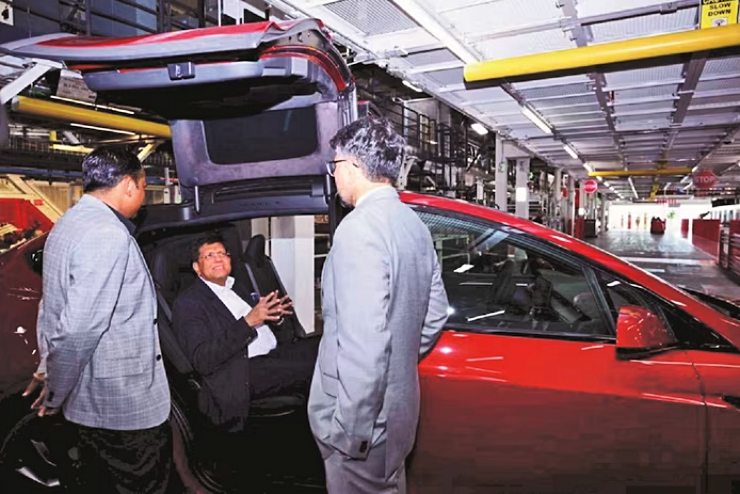
The government, with this clause, is aiming to foster indigenous production capabilities. There is another important aspect of the new EV policy. According to the new policy, there is a provision that will allow companies to import up to 8,000 completely built-up (CBU) electric cars annually.
These 8,000 cars per year will be subject to a reduced import duty of 15% on vehicles priced above $35,000. Under the previous tax regime, import duties ranged from 70% to 100% on imported cars.
Will the new EV policy help Tesla?
Many experts have noted that the implementation of this new EV policy will definitely help Tesla. This new EV policy will facilitate Tesla’s entry into India. Additionally, it will also have broader implications for the global EV market.
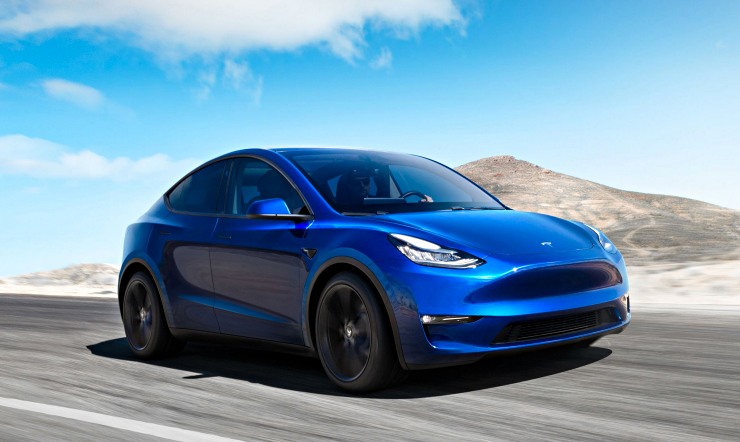
Industry experts believe that Tesla, under the leadership of CEO Elon Musk, has been eyeing the Indian market for some time. Now, with the implementation of the new EV policy, the way for the American EV maker to debut in the country has been cleared.
Prior clashes of Tesla with the Indian government
As reported multiple times before, Tesla faced huge setbacks in India. Tesla had to shelve its plans for India because of the reluctance of the Indian government.
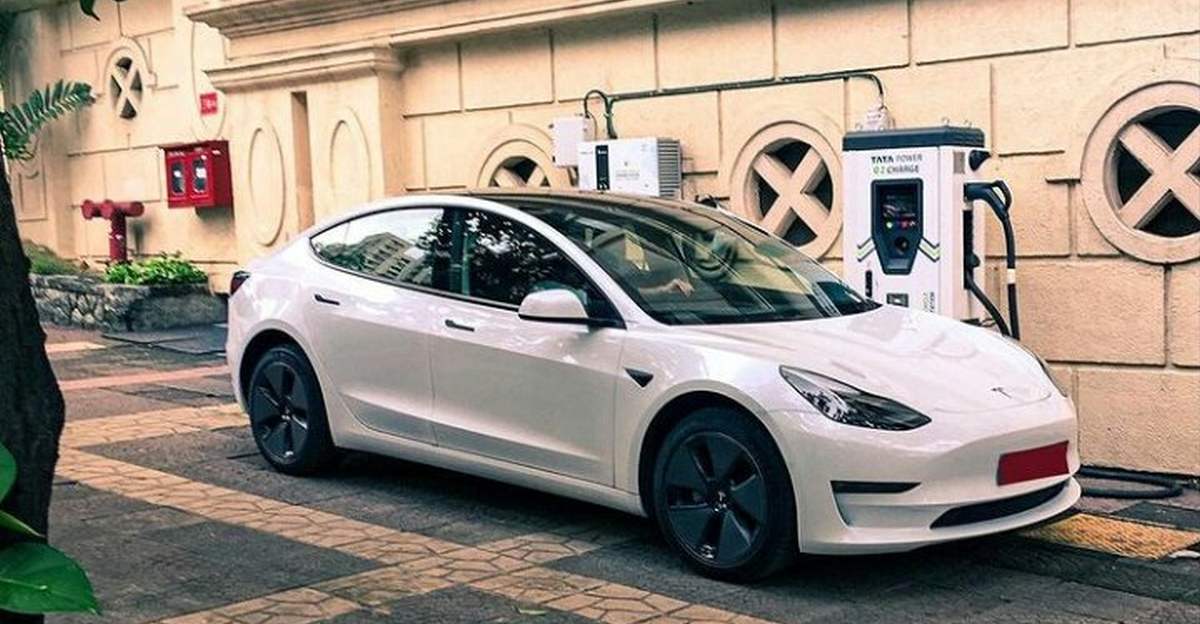
On previous occasions, the Indian government rejected Tesla’s plea to reduce import duties on its electric cars. The company faced numerous challenges in securing favorable tariff arrangements. However, with the introduction of the new EV policy, Tesla will now be establishing a presence in India.
Other EV automakers will also benefit
While Tesla’s potential entry has captured headlines, many experts have also noted that the Vietnamese EV manufacturer VinFast will also benefit from this new EV policy. The company recently announced plans to invest $2 billion in India.
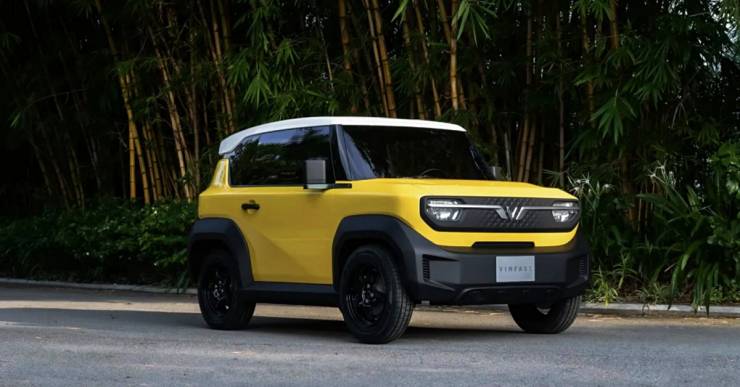
It has even commenced construction of its first factory in Tamil Nadu. Additionally, other global players, including Foxconn, MG Motor, Ford, and Volkswagen, are eyeing investments in India’s growing EV market.
Reactions from Indian carmakers
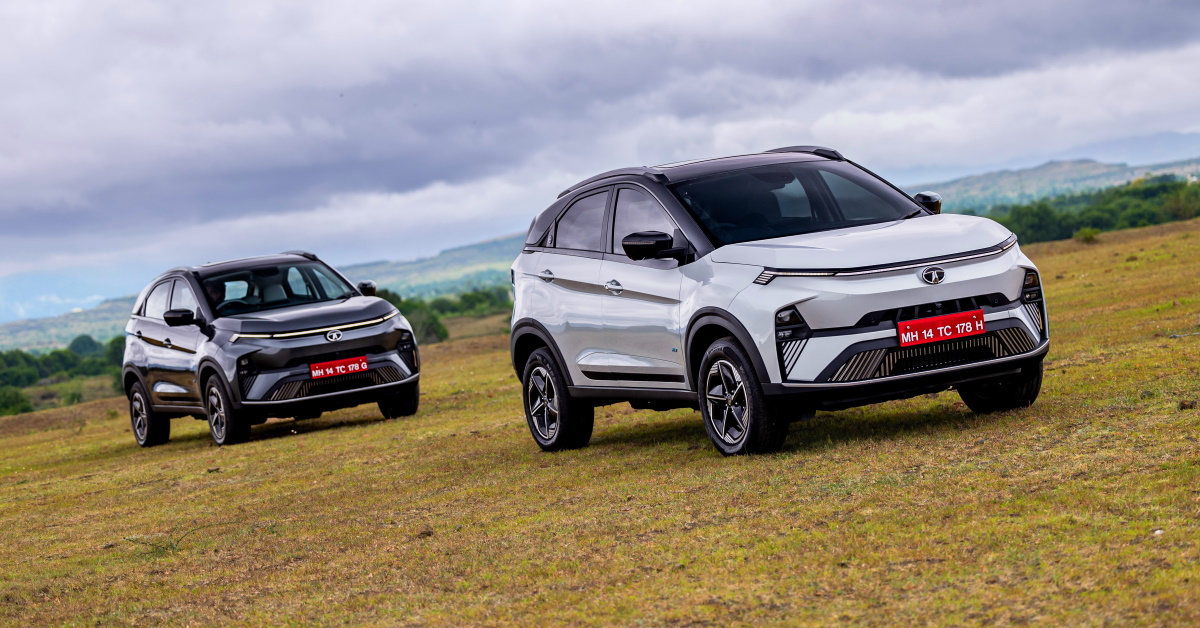
The government’s move to introduce a new EV policy is expected to have a significant impact on existing domestic players. These carmakers include Tata Motors and Mahindra & Mahindra.
Both of these companies have been lobbying against lowering import taxes on EVs to safeguard the interests of the domestic industry. However, the government has stated that the new EV policy’s emphasis is to create a level playing field.
The post Tesla’s India Entry Almost Confirmed After New EV Policy Of Indian Govt first appeared on Cartoq.
Finally, there is good news for the Tesla enthusiasts of India. It has been reported that the Indian government has announced a new EV policy initiative. The government, with this new policy, is aiming to bolster domestic manufacturing of EVs. It also aims to promote ‘Make in India’ objectives as well. Under this policy, the Indian government will allow automakers to import up to 8,000 electric cars per year at a reduced import duty of 15 %. This makes Tesla’s India entry almost certain. However, to avail the benefit of lower import duty, automakers have to obey other key bits of the policy.
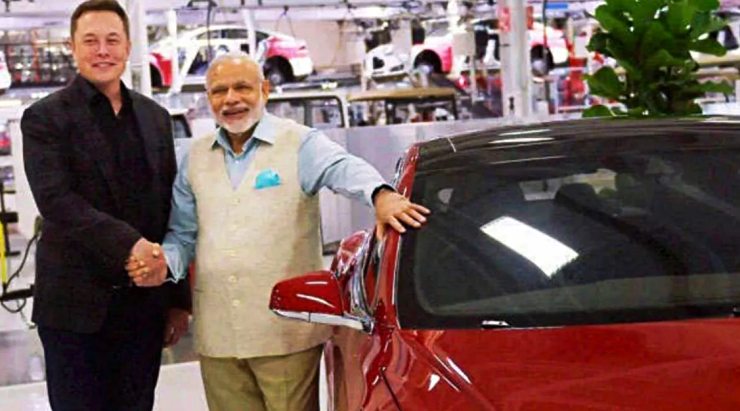
What is the new EV Policy?
Under the new policy, carmakers who want to import electric vehicles into India will have to invest a minimum of $500 million to establish local manufacturing facilities within three years.
Additionally, they must ensure that a significant portion of components are domestically sourced. The targets set by the government of India include parts sourcing: 25% parts within three years, and 50% parts within five years, should be domestically sourced.

The government, with this clause, is aiming to foster indigenous production capabilities. There is another important aspect of the new EV policy. According to the new policy, there is a provision that will allow companies to import up to 8,000 completely built-up (CBU) electric cars annually.
These 8,000 cars per year will be subject to a reduced import duty of 15% on vehicles priced above $35,000. Under the previous tax regime, import duties ranged from 70% to 100% on imported cars.
Will the new EV policy help Tesla?
Many experts have noted that the implementation of this new EV policy will definitely help Tesla. This new EV policy will facilitate Tesla’s entry into India. Additionally, it will also have broader implications for the global EV market.

Industry experts believe that Tesla, under the leadership of CEO Elon Musk, has been eyeing the Indian market for some time. Now, with the implementation of the new EV policy, the way for the American EV maker to debut in the country has been cleared.
Prior clashes of Tesla with the Indian government
As reported multiple times before, Tesla faced huge setbacks in India. Tesla had to shelve its plans for India because of the reluctance of the Indian government.

On previous occasions, the Indian government rejected Tesla’s plea to reduce import duties on its electric cars. The company faced numerous challenges in securing favorable tariff arrangements. However, with the introduction of the new EV policy, Tesla will now be establishing a presence in India.
Other EV automakers will also benefit
While Tesla’s potential entry has captured headlines, many experts have also noted that the Vietnamese EV manufacturer VinFast will also benefit from this new EV policy. The company recently announced plans to invest $2 billion in India.

It has even commenced construction of its first factory in Tamil Nadu. Additionally, other global players, including Foxconn, MG Motor, Ford, and Volkswagen, are eyeing investments in India’s growing EV market.
Reactions from Indian carmakers

The government’s move to introduce a new EV policy is expected to have a significant impact on existing domestic players. These carmakers include Tata Motors and Mahindra & Mahindra.
Both of these companies have been lobbying against lowering import taxes on EVs to safeguard the interests of the domestic industry. However, the government has stated that the new EV policy’s emphasis is to create a level playing field.
The post Tesla’s India Entry Almost Confirmed After New EV Policy Of Indian Govt first appeared on Cartoq.
